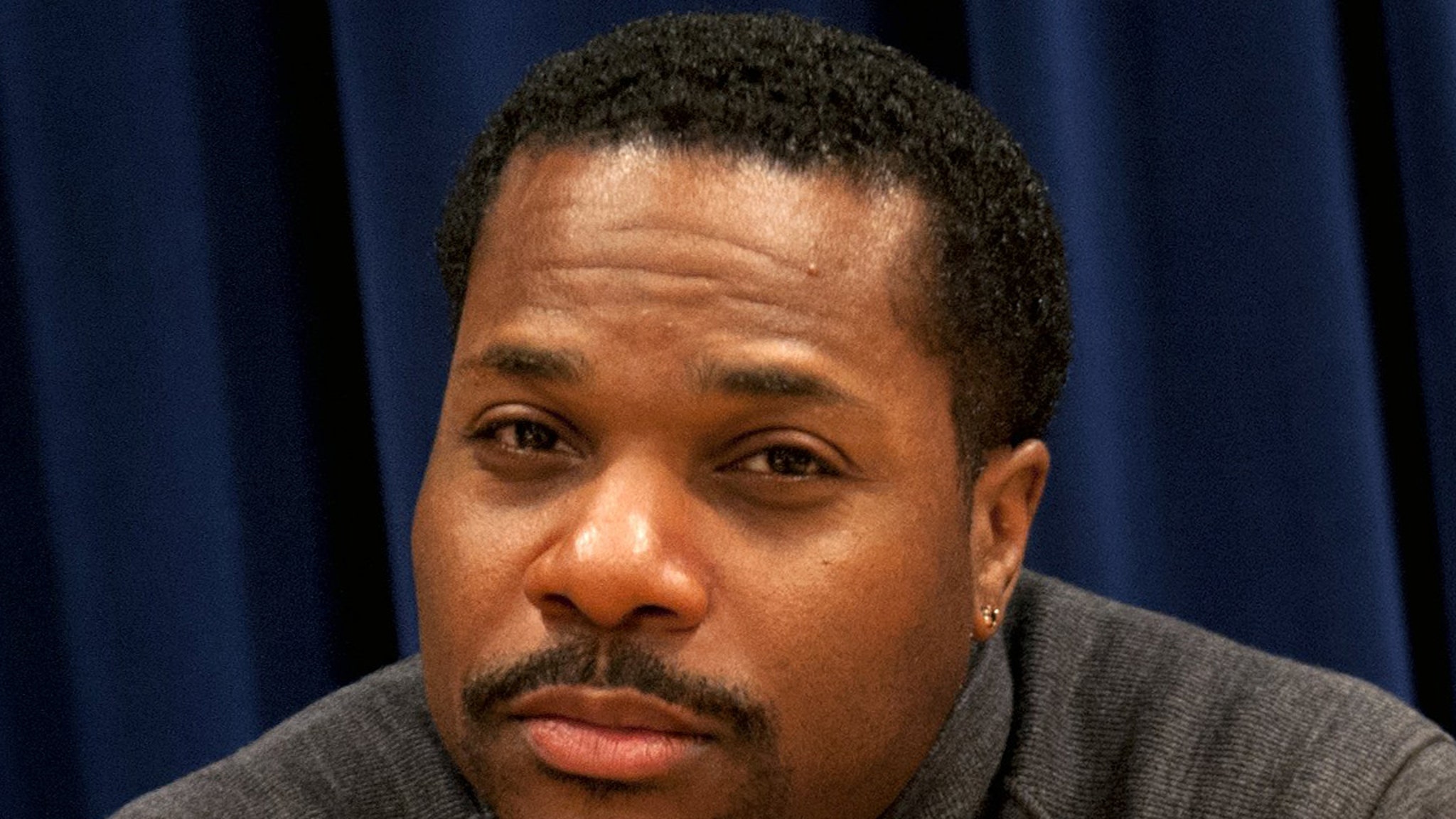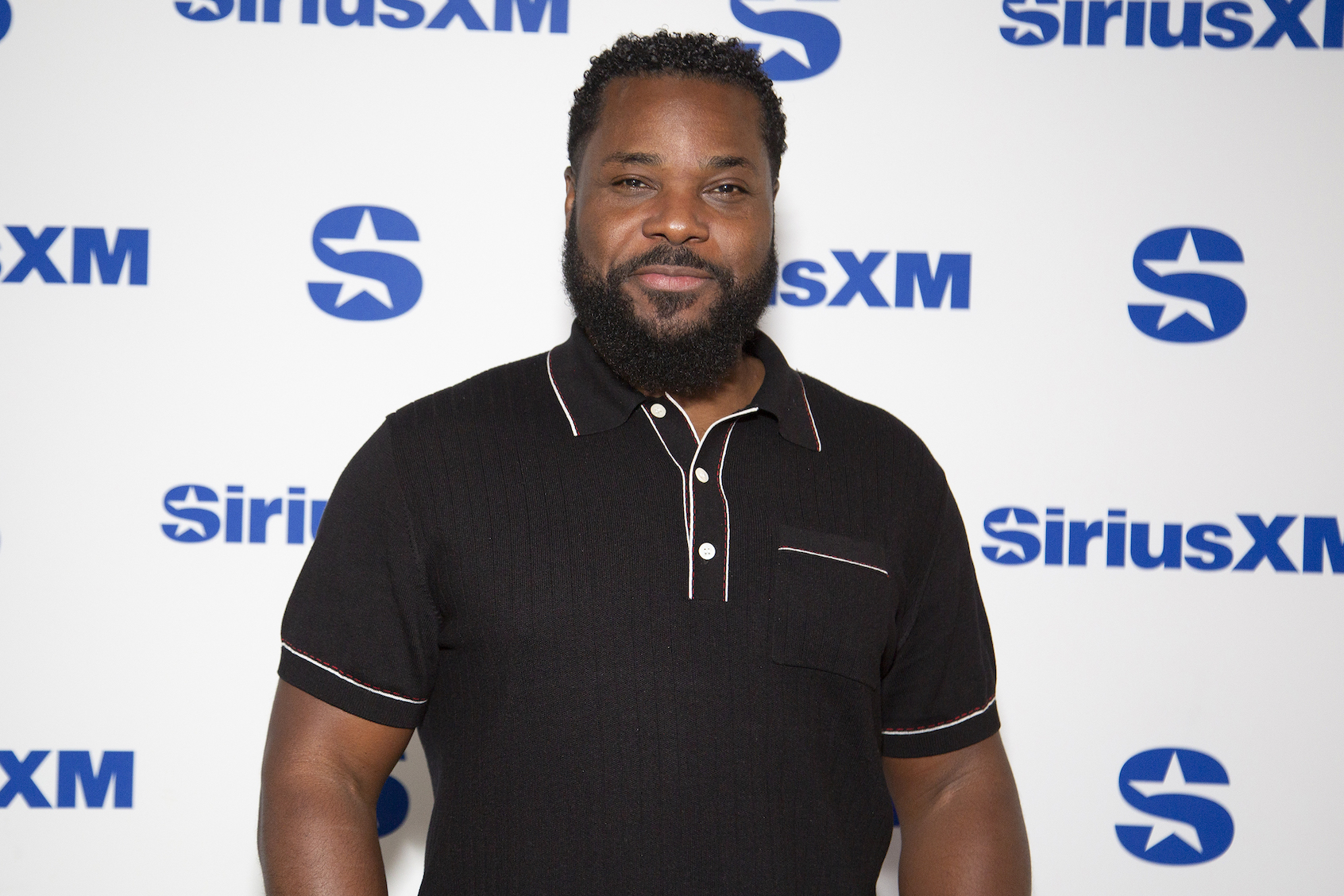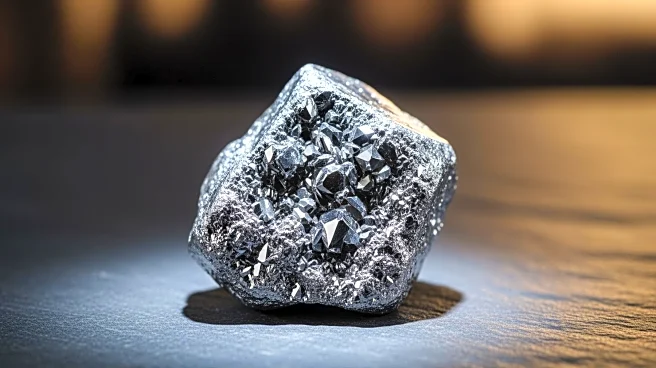Malcolm-Jamal Warner, the beloved actor renowned for his role as Theo Huxtable on the groundbreaking sitcom "The Cosby Show," has died at the young age of 54. Warner tragically drowned while swimming during
Did You Know
The shortest war lasted 38 minutes.
?
AD
a family vacation in Costa Rica, a heart-wrenching event that has shocked fans and the entertainment community alike. Reports indicate that he drowned on July 20, 2025, after being caught in a strong current at a beach on the Caribbean coast, leading to the accidental incident that took his life.
Warner rose to fame in the 1980s as the wise-cracking son of Bill Cosby’s character, delivering lines that resonated deeply with audiences and helping to redefine the portrayal of African American families on television. Beyond his iconic television role, he was also a talented musician, celebrated with a Grammy Award in 2015. His diverse talents and engaging personality left a lasting impression, creating an enduring legacy that extended beyond the small screen.
In the days following his untimely passing, tributes have poured in from fans, colleagues, and fellow entertainers who fondly remember the warmth and humor he brought to his performances. As the entertainment world mourns the loss of this cultural icon, many reflect on his contributions to television history and the influence he had on a generation. Warner is survived by a wife and daughter, who will carry forward his memory and legacy as they navigate life without their beloved husband and father.
Q&A (Auto-generated by AI)
Who was Malcolm-Jamal Warner?
Malcolm-Jamal Warner was an American actor, director, and musician best known for his role as Theo Huxtable on the iconic television series 'The Cosby Show,' which aired from 1984 to 1992. Born on August 18, 1970, in Jersey City, New Jersey, he gained fame as a child actor and became a cultural icon for his portrayal of the Huxtable family's son. Warner also pursued a career in music, winning a Grammy Award in 2015. He was recognized for his contributions to the entertainment industry and was involved in various projects beyond 'The Cosby Show.'
What role did he play on The Cosby Show?
Malcolm-Jamal Warner played Theo Huxtable, the teenage son of Dr. Heathcliff and Claire Huxtable, on 'The Cosby Show.' His character was known for his relatable struggles with adolescence, academics, and family dynamics. Theo's character provided comedic relief while also addressing serious themes such as self-esteem and responsibility. The show was groundbreaking for its portrayal of an affluent African American family and made significant cultural impacts during its run, influencing future television portrayals of Black families.
What were the circumstances of his death?
Malcolm-Jamal Warner tragically died at the age of 54 due to an accidental drowning while on a family vacation in Costa Rica. Reports indicate that he drowned on July 20, 2025, while swimming at a beach on the Caribbean coast. Authorities confirmed that the incident was accidental, and it highlighted the risks associated with swimming in unfamiliar waters. Warner's death shocked fans and the entertainment community, prompting an outpouring of tributes and condolences.
How has the public reacted to his passing?
The public reaction to Malcolm-Jamal Warner's passing has been one of shock and mourning. Fans, colleagues, and fellow actors took to social media to express their grief and share memories of Warner's impact on their lives and careers. Many highlighted his role as Theo Huxtable, which resonated with viewers during its original run and continues to influence new generations. Tributes celebrated his talent, charm, and the positive representation he brought to television, with many calling him a beloved figure in the entertainment industry.
What impact did The Cosby Show have on TV?
The Cosby Show had a profound impact on television, particularly in its portrayal of African American families. It challenged stereotypes and provided a positive image of a successful Black family, which was rare at the time. The show became a cultural phenomenon, influencing subsequent sitcoms and paving the way for more diverse representations in media. Its success also contributed to discussions about race, class, and family dynamics in America, making it a landmark series in television history.

:max_bytes(150000):strip_icc():focal(725x385:727x387)/Malcolm-Jamal-Warner-last-podcast-072125-74d8c319cf89481a94bca9c7013b5d10.jpg)















